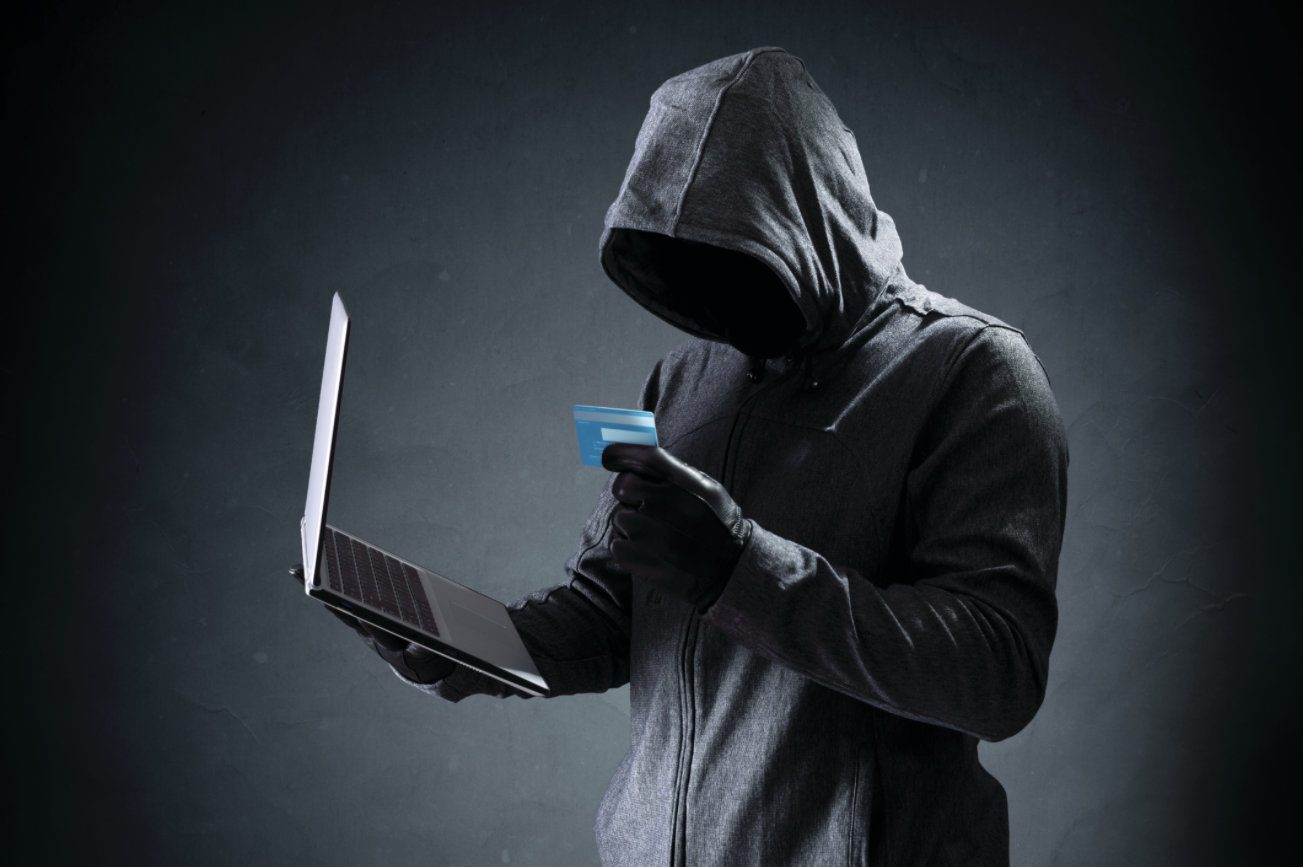You’re talking to a friend about a coat you’d like, then search for it online. The next time you open your phone, coat ads taunt the scroll down on your social media timeline. Online sites and platforms are constantly collecting information to personalize to your interests. But at what point is this crossing the line of helpful and jeopardizing your privacy while online?
With virtually the whole world online, new complexities arise, and people must adapt to keep their personal life, well, private. Whether it be a Cyber Monday purchase or signing up for social media, you’re putting your personal information at risk. And although you shouldn’t feel paranoid and clear your browsing history every time you frequent a site, you should know how to protect your online identity. Many people make mistakes online, so here are some tips for staying safe and maintaining invisibility.
TIP 1: Create Complex Passwords
You sign up for a website. Type in the password you use for everything. And red letters immediately flash prompting a stronger series of digits. Choose another. It’s frustrating, but this warning saves you from being subject to hackers.
Avoid recycling the same password. If one account gets hacked, others are susceptible. For an added layer of protection, use two-factor authentication for your logins. Do not save your passwords unless it’s on your phone, which usually requires Face ID to autofill.
Change your passwords every one-to-three months or whenever you feel like something may have been compromised, according to Detective Sergeant Nick Ferrara of the Gainesville Police Department’s Criminal Investigations Division. If you think your device is compromised, change your account information from another device. Hackers can record your keystrokes, he said.
TIP 2: Install Security Software
Use updated virus protection programs like Norton to shield any software attacks. These programs often immediately block pages from accessing your devices so you can safely surf. If you don’t want to invest too much money, there are free ad-blockers that prevent popup windows, which load viruses and malware onto your computer. Close windows or use the task manager to “end task” for a page you can’t exit, he said.
TIP 3: Use Online Payment Systems
Try secure systems like Apple Pay or Android Pay to keep your bank account safe. These apps feature “tokenization,” a one-time-use credit card number for each purchase instead of using your real information. Never use payment apps like Venmo and Zelle to send money to people you don’t know, he said.
Log out of devices and computers. People might access a website you were previously logged into, which has your information saved. This includes items you may later sell like phones or gaming systems.
“We’ve seen cases where gaming systems had payment information saved in them,” he said. “The seller sells them to another person, and they end up making purchases on the Sony network because the seller forgot to do a factory reset.”
TIP 4: Avoid Public Wi-Fi
It’s a convenient choice when visiting a coffee shop or airport, but unsecure networks make your devices vulnerable to random users. A secured network requires an account registration or password for access. If you must use an unsecure connection, don’t access personal information like bank accounts. Use a VPN, Virtual Private Network, when traveling. It ensures added protection and data encryption over your privacy while online when connecting to public Wi-Fi.
TIP 5: Avoid Unknown Emails
Did you get an email alerting suspicious activity on your bank account? It’s alarming, but don’t click the attached link. Scammers create fake websites to lure you into providing personal information, Ferrara said. Rather, visit the site directly on a separate browser to check fraudulent activity. Or call your bank directly. The odds are the account is fine, and the email wants you to reveal your login information.
TIP 6: Secure Your Social Media
Read between the lines. Most of us skim to the bottom of the required Terms and Agreement page. Although you might not read the fine print, at least adjust your privacy and security settings so only close friends have full access to your photos, friends and timeline. Avoid posting personal phone numbers, birth dates or locations, said Ferrara. Anyone can access this information and attempt to take over your accounts. Close any unused accounts, so there’s no forgotten information floating around for people to hack into.
TIP 7: Update Browsers and Software
Don’t forget an update by clicking the “Remind Me Later” button. Your devices update its systems to fix any bugs or security issues. Viruses and malware are constantly rewritten to hit outdated computers, attacking their vulnerabilities. A majority, if not all, of viruses and malware are written for PC-based computers, he said. Apple devices are less susceptible to attacks.
Related articles:
5 Health Experts You Won’t Want To Miss This Year!
Losing Your Zzzz’s? What To Do About Insomnia
11 Fitness Trends Over The Decades
Money Talks: Financial-Help Books To Help You On Your Journey!

